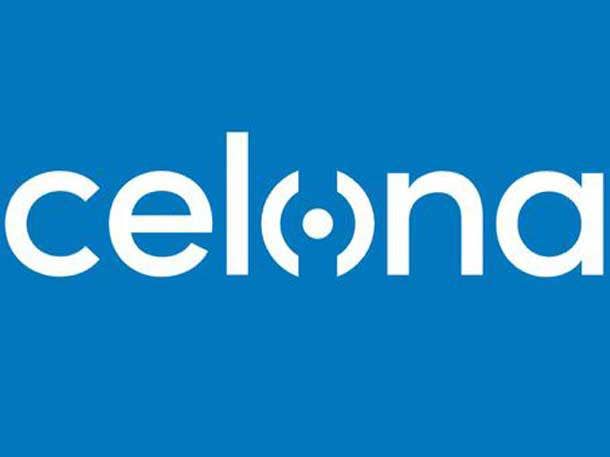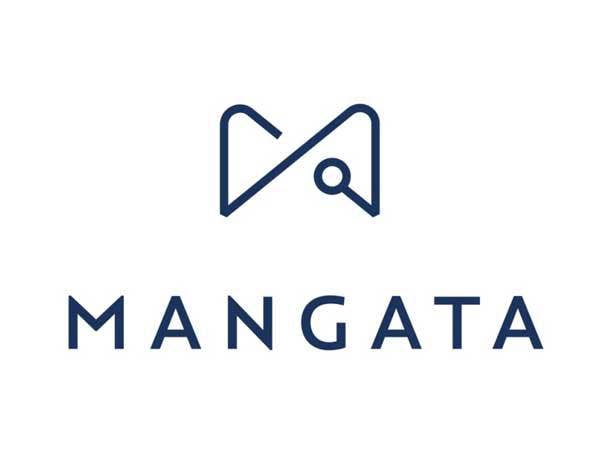The 5G Telecom Startup Companies Shaking Up The Market
These telecom upstarts are coming in hot with innovative 5G and private wireless solutions and platforms for enterprises and SMBs.

Room For Disruption
The telecommunications market for years has been dominated by a handful of incumbents; namely, the largest service providers in the country. While these companies are fulfilling the connectivity needs of enterprises and small businesses alike, the telecom space, like the rest of the IT market, is changing rapidly. And it’s leaving the door open for startups to make their presence known.
As business requirements change, so does connectivity needs. Private wireless and cellular services are growing in popularity for business customers and these newer services are starting to give wired communication services a run for its money. Cloud-to-device communications are also becoming interesting to businesses with burgeoning IoT practices.
The emerging telecom startups are coming to the market with expertise in private networking and are harnessing next-generation technology and standards, including 5G and satellite, for business use. Some of these companies are making their mark in niche areas or are specializing in specific use cases, such as providing connectivity for hard to reach IoT use cases. One thing these telecom upstarts have in common is that they have been founded and launched by IT veterans with impressive backgrounds in the networking and telecom space that all saw a market need and room for innovation in a historically stable and predictable market.
Here are seven telecom startups that are bringing new ways to connect to the enterprise and SMB that solution providers should know about.

Celona
Celona, which calls itself the enterprise 5G company, comes to the market with its platform that lets enterprises create 5G/4G LTE private networks, filling a major gap in the connectivity market. The company in September unveiled a 5G LAN Device Certification Program to simplify deployment and adoption of private LTE/5G Networks and help businesses realize cost savings in the process.
The two-year-old upstart in the wireless connectivity space launched a new solution provider partner program in June on the heels of bringing on its first channel chief and closing its oversubscribed $60 million Series C funding round this past Spring.

EdgeQ
Two-year old EdgeQ bills itself as a 5G systems-on-a-chip company and is bringing AI to the edge of the network with 5G. The company is entering trials with worldwide OEMs and operators with their 5G Base Station-on-a-Chip technology and is selling its AI-powered chips to enterprises.
The startup is led by former Broadcom, Intel and Qualcomm executives including its CEO Vinay Ravuri who left Qualcomm as vice president of product management in 2018 to create EdgeQ.

For2Fi
For2Fi got its start in 2020 when MSP-owner-turned-wireless specialist Andrew Gregoire identified a hole in the market around business LTE.
The Fall River, Mass.-based company is bringing wireless LTE and 5G connectivity to customers exclusively via the channel. It’s an area of telecom that not many solution providers are in today because it has historically been too expensive and difficult to navigate, the company told CRN. The company‘s high-speed wireless services are a great fit for hard-to-reach businesses and those that need connectivity immediately/ Unlike similar offerings on the market, its wireless offerings aren’t just for backup use cases, according to For2Fi.

Frequencz
Still in early stage, Frequencz is a private 5G wireless mobility startup focused on bringing shared virtual private networks to the enterprise. The company is said it‘s unlocking 5G to run on unlicensed spectrum in multiple frequency bands for customers in the enterprise market.
San Francisco-based Frequencz, which also has a presence in Sweden, said it’s bringing cloud economics to wireless to disrupt the way private networks are built, operated and managed. The company‘s offering promises “foundational change” in ROI and profitability for private network operators and enterprises, according to Frequencz.

Mangata Networks
Phoenix-based Mangata Networks enables 5G communication through its own network of satellites and terrestrial systems. The startup relies on a range of hybrid satellites -- high earth orbit and medium earth orbit satellites -- that significantly boost the capacity of existing networks, the company said.
The goal of the two-year-old company is to provide global coverage and redundant links to enable the continuous connectivity of people, machines, and devices in urban settings, all the way to remote corners of the world in order to power an inclusive digital future for all, according to the company.

Skylo
Five-year-old SoftBank-backed Skylo has been busy building a global two-way IoT network using satellite with the mission of spreading connectivity everywhere, to any device or endpoint, including asset trackers, wearables, sensors, and mobile devices.
The startup, which was developed by a group of engineers and scientists from MIT and Stanford, is helping businesses extend their coverage seamlessly by connecting existing, compatible devices directly over satellite. Skylo has offices in California, India, and Finland.

Verana Networks
Founded in 2020, Verana Networks is building an 5G Radio Access Network (RAN) solution for service providers that have licensed millimeter wave (mmWave) spectrum -- the area in which there is the largest amount of new spectrum available. The Waltham, Mass.-based company‘s vision includes enabling gigabit 5G access at less than a third the cost of fiber.
Of the company‘s three founders, two hail from network infrastructure provider CommScope, so the company’s leaders are no stranger to creating advanced communications networks. Verana in April secured $28 million in a Series B venture capital funding round, bringing the total capital raised since its founding to $43 million.